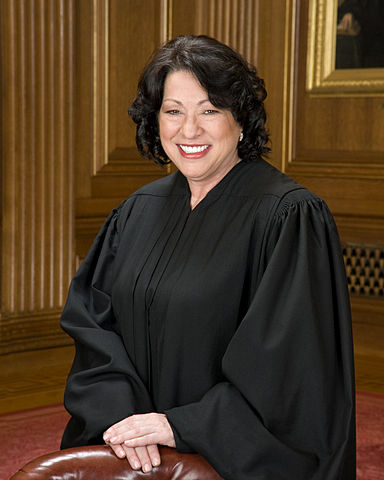Justice vs. Judge
The distinction between a justice and a judge is based on the roles they play within a country’s legal system. Both judges and justices are responsible for hearing legal proceedings and passing verdicts on legal matters. However, justices are usually used to refer to judges in Supreme Courts, while those in lower courts are referred to as simply judges. People often use both words interchangeably, which is incorrect, as there are differences between the two that will be highlighted below.
Key Takeaways
- Justices are typically used to refer to judges in Supreme Courts, while judges are used for those in lower courts.
- Judges are appointed, elected, or nominated, whereas justices are nominated.
- There are differences in day-to-day duties of judges and justices, with justices usually reviewing a case that has already been concluded by a judge and having the power to change the verdict of a judge.
Who is a Judge?
Judges are individuals who have obtained a law degree and have experience as lawyers. They are often appointed to their positions and gain the authority to pass verdicts on various legal matters. They preside over a jury that hears legal proceedings and deliberates to reach a final, binding decision for the disputing parties. Judges are also qualified to issue prison sentences.
Who is a Justice?
Justices are part of the same judiciary as judges, lawyers, clerks, and other legal personnel but can be considered a step higher in the judicial hierarchy. One key difference between judges and justices is that justices are often nominated rather than elected. In the United States, for example, federal court justices are nominated by the President, while some states elect their Supreme and Appellate Court justices. Another usage of the term Justice is a Justice of the Peace, a person with a good community standing who can witness and sign affidavits and certify copies of original documents without a law education background.
Difference between Justice and Judge
- Judge and Justice are both responsible for hearing legal proceedings and passing verdicts on legal matters.
- Justice is typically used for Supreme Court judges, while lower court judges are simply called judges.
- The word “justice” is older than “judge” and has been in use since around 1200 AD, while the word “judge” appeared around 1300 AD.
- Judges can be appointed, elected, or nominated, while justices are usually nominated.
- There are differences in the day-to-day duties of judges and justices. Judges listen to court proceedings and make decisions for the first time, while justices review cases that have already been concluded by judges and have the power to change a judge’s verdict.
- A Justice of the Peace is not typically a judge in a courtroom but a person with a good character who can sign certain legal documents. However, in some countries, a Justice of the Peace is a low court judge or holds a key role in provincial justice.
